
Research partnerships for the common good
News 23 SeptemberA message from Interim Executive Dean, Faculty of Education and Arts, Professor Phil Parker
27 October 2016
Share

A message from the Associate Vice-Chancellor Brisbane Professor Jim Nyland: Earlier this year ACU Brisbane hosted its fourth Annual Archbishop/Vice-Chancellor Catholic Stakeholder panel discussion and dinner event with an expert panel that challenged 250 business leaders (across all sectors) to respond to the leadership challenge of what mercy means for their organization.
The ideas shared at this event have since been quoted on numerous occasions in Queensland State parliament - such is their impact - and a video link of this panel discussion will be circulated for your enjoyment shortly. Of course, the twin concepts of leadership and mercy are not just matters of high-brow and many amazing examples are to be found amongst our very own student body – aspiring leaders of these same organisations - which bodes well for the future.
By way of example, Sarah Cameron, a third year Social Work student on the McAuley at Banyo campus, secured the Sophia Scholarship earlier this year, choosing to channel these funds towards establishing and running the brilliantly titled, ‘Different but Amazing Girls’ project – an innovative program designed to help break the glass ceiling for school girls on the autism spectrum.
I had the privilege of attending the final Celebration and Award Ceremony of this program last week at the Asperger’s Services Australia Centre just outside Banyo, alongside Course Coordinator Dr. Venkat Pulla, Sarah Cameron and external program volunteer leaders including Sandy Hobley (Community Health worker) and Bernadette Beasley (a qualified teacher).
Some examples of the program sessions were: "What are good friends and bad friends?", which involved interpreting and drawing from a squiggle on a piece of paper, to show that everybody sees things differently, and choosing descriptions off pieces of paper to say what you liked about yourself, what you like about the other girls in the group, what kind of friend you think they are etc.

Two examples of activities outside the centre were taking the girls to the Hendra Pony Club for ‘equine neuropsychotherapy’, as well as to ’self defence’ on a Saturday at lunchtime. Not only did the girls find the sessions fun, but they were learning skills as well and connecting with other girls who "got" them.
One mother discussed how her daughter went from being so quiet and reserved in school, to really being comfortable to be herself and being boisterous during the sessions, encouraging other girls to be themselves as well. Another girl (who was a select mute) found herself in situations where everybody else was calling out answers – and so was she. The design of the Girls Group was not just learning new skills, but also building support networks: supports for the girls and for the mothers, to make friends and connect over the school holidays, to talk with somebody who had similar troubles.
As a father whose son had been diagnosed with ADHD and managed to survive the school years, graduating last year, I know something of what the parents of the girls had gone through. Something, but not everything as girls and boys who sit on the autism spectrum present very differently. For a range of reasons, boys are four times more likely to be diagnosed with autism than girls and as a result are more likely to receive early intervention and help (as in my son James’ case) whereas girls often go undiagnosed and do not get that early intervention that is so crucial.
Some of the goals of the ‘Different but Amazing Girls Group’ was to help with those problem areas such as social reciprocity, non-verbal communication, also known as the ‘hidden social curriculum’, initiating and maintaining social relationships, building self esteem and making friends, such as like-minded girls in the group, and enhancing communication and daily living skills and reducing problem behaviors such as tantrums and self-injury.
I was tremendously proud to meet with the girls and present their certificates for successfully completing the Different but Amazing Girls program that has made such a difference to their lives and that of their families. It served as a timely reminder, as we approach the end of this Year of Mercy, that our defining characteristics as a demonstrable University of hope and mercy can be found in the stunning work of our superb students and their staff.

A message from Interim Executive Dean, Faculty of Education and Arts, Professor Phil Parker
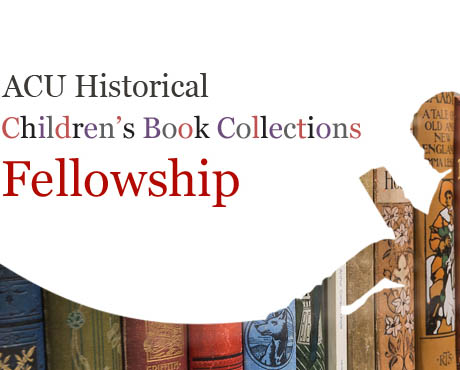
The library is supporting the ACU Historical Children’s Book Collections 2025 Fellowship. It is an opportunity to conduct research on our historical collection of children’s books, located at St Patri...
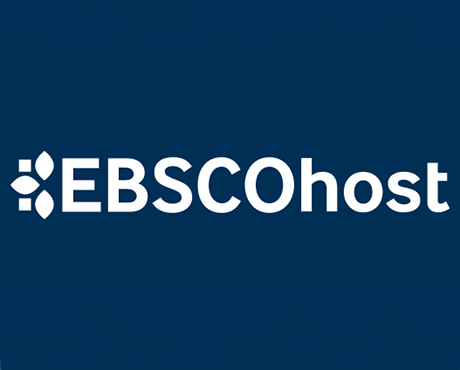
On 24 June ACU will transition to the new EBSCOhost. This will result in a new look and feel across some of our most popular databases. Learn more about the changes and what action may be required of ...

Advance your career in teaching and learning with the Graduate Certificate in Higher Education. Enrol by 22 June to get started in Professional Term 5.

Viva Engage is here. Access it easily via Microsoft Teams.

Include an additional survey item in the Student Evaluation of Learning and Teaching (SELT) survey for units that are offered in ACU Online Term 2 (202536).
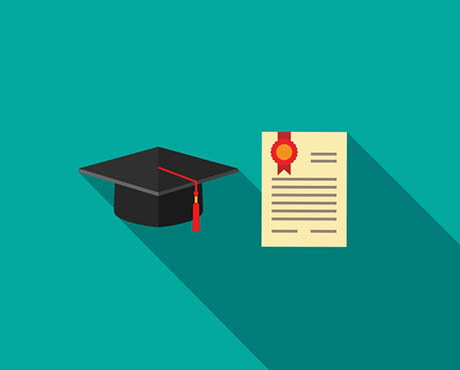
A new Adjunct and Honorary Titles Policy and Procedure has been approved and is now in effect at ACU.
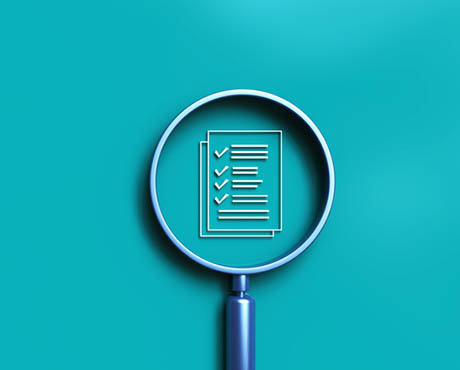
Teaching staff are encouraged to check their units have been correctly linked to their names for the Student Evaluation of Learning and Teaching (SELT) surveys in upcoming teaching periods.

ACU has three student modules: the Academic Integrity, Respectful Relationships, and Protecting our Children modules. Semester 1 students must complete their modules by 1 July to access their results ...

Please be aware of the following changes to payroll processing dates.
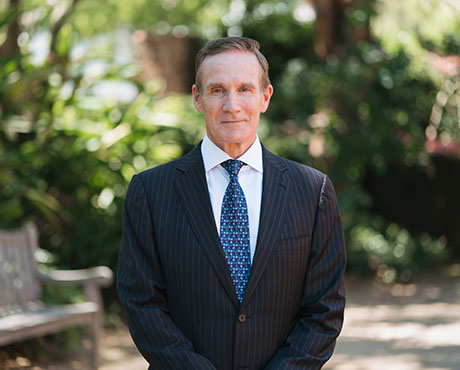
A message from the Chief Operating Officer Patrick Woods.
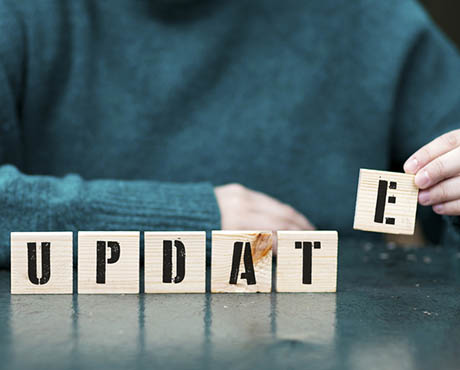
As part of Student Administration's commitment to service excellence, AskACU will be running on-campus re-enrolment drop-in sessions in July, while CMAS enhancements will improve information available...
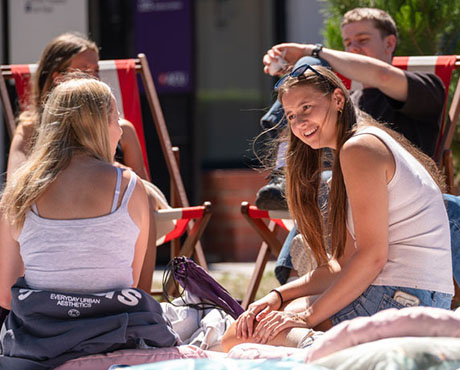
The Student News and Events bulletin is sent to all students, nationally, and includes a broad cross-section of news, announcements, events and stories from across the university. The May edition is o...

Say goodbye to Workplace and hello to Viva Engage. Learn about our new community structure and all-staff community.

An update from the Executive Dean of Law and Business Professor Andrew O'Neil.

A reminder to all academic staff that the mandatory Notice of Intent, for those intending to apply for promotion in the 2025 round, must be submitted by 11.59pm this Friday (30 May).

Expect a few email notifications as we prepare to welcome you to Viva Engage next week.

Include an additional survey item in the Student Evaluation of Learning and Teaching (SELT) survey for units that are offered in Professional Term 4 (202547).

Register for these 15-minute sessions to learn more about the variety of online researcher profile platforms and what is involved in setting up, linking and updating your profile.

Lecturers-in-charge can make a direct determination of Poor Academic Practice (PAP) for students who engage in minor forms of academic misconduct. Learn why they can be valuable to staff and students.
Visit Service Central to access Corporate Services.